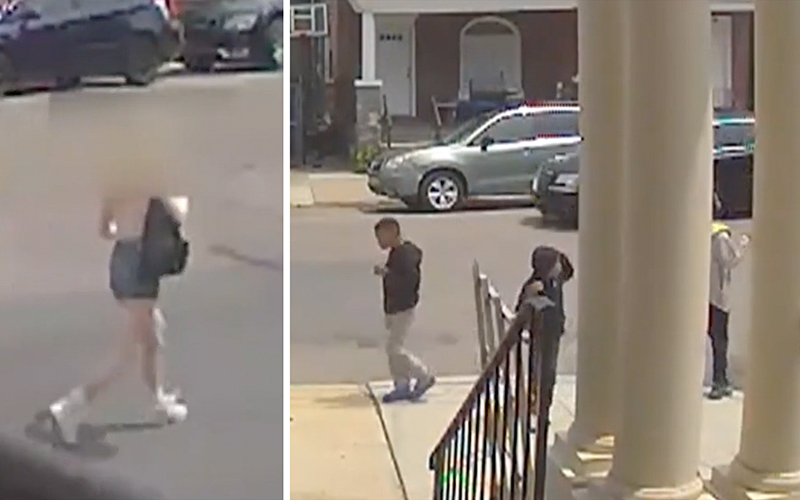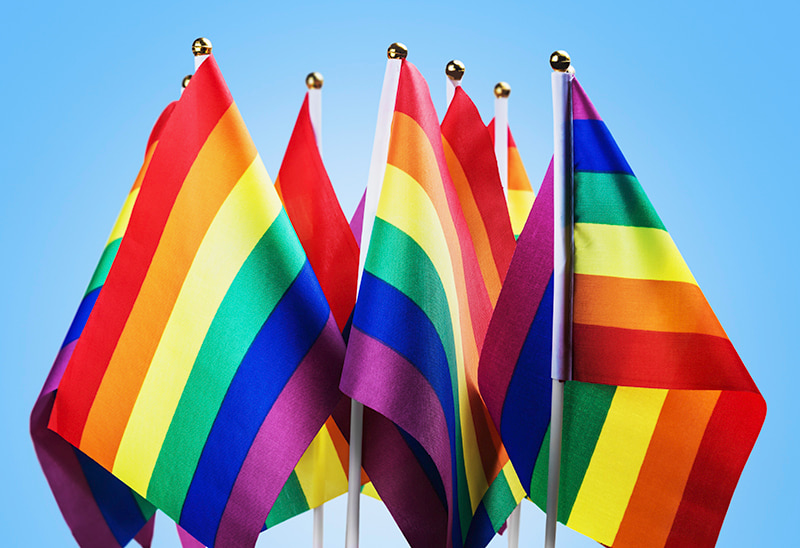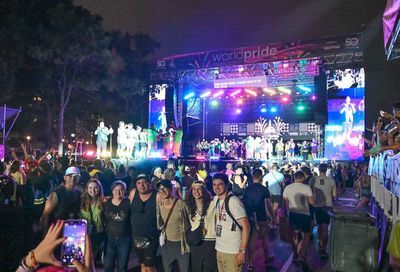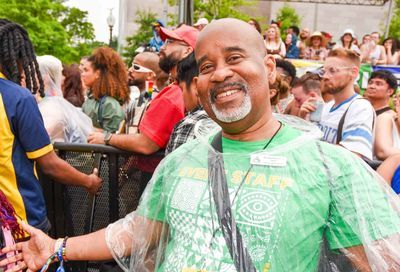Survival Tactics
D.C. Rape Crisis Center offers sessions for lesbian and male sexual-abuse survivors
When a woman is sexually assaulted by another woman, it’s obviously not rape: no penis, no rape. And when a man is sexually assaulted, there’s reason to believe that if he couldn’t defend himself against the attack, well, he’s not really much of a man.
These, of course, are myths. And they’re just a few of the ones that Denise Snyder, head of the D.C. Rape Crisis Center for the past 20 years, says she’s encountered as she directs the center in helping survivors of sexual assault, including gay men and lesbians.
”The lesbian group has been running most of that time, or at least the last 15 years,” says Snyder. ”The male-survivors group is much more on again, off again, though consistent for at least the last five or six years. Some years it’s run as a group for gay men, some years for just men in general.”
The D.C. Rape Crisis Center is gearing up to offer those sessions again, offering the ”male survivors support group” on Tuesdays and the ”lesbian survivors support group” on Wednesdays, beginning in March. Both group sessions will meet for three months, from 6:30 to 8 p.m. While the exact location of the meetings is only available to participants, it is a Metro accessible venue in Northwest.
”We do a lot of work in the sexual-minority community,” says Snyder. ”We work with community organizations, Lesbian Services Project at Whitman-Walker Clinic, the Sexual Minority Youth Assistance League, a number of other organizations. The sexual-minority community is one of our target populations. We target underserved communities, and communities for whom this presents specific barriers.”
The specific barriers are clear when Snyder continues listing the myths and misunderstandings that surround sexual violence in the GLBT community. Another example, she says, is that when a lesbian survivor of sexual assault by another lesbian reports that crime, it may be seen as an act of ”betrayal” to the community. Or, in instances where males have been assaulted at a young age by women, some people don’t even recognize an assault has occurred.
”It’s not a sexual assault, but an ‘early initiation,’ because it goes with the myth and stereotype that men are constantly sexual beings, always ready and willing to have sex,” Snyder explains.
With this series of group sessions the D.C. Rape Crisis Center is offering to lesbians and men, survivors of sexual assault may be able to heal in ways they could not on their own, she says, adding that there are no gender or age restrictions on the free sessions.
”Support groups can play a critical role that can’t be met in individual counseling,” says Snyder. ”One of the most common reactions is a sense of isolation, the sense that ‘There’s something wrong with me,’ because it occurred or how it was handled — or not handled. To sit in a room with people who’ve had similar experiences erases that sense of isolation. It enables you to see how far you may have come in your progress. Similarly, if you’re at the beginning, you hear that healing is possible from people who may be further along.”
Though these sessions, particularly the men’s, have at times been cancelled or delayed for lack of registered participants, Snyder emphasizes that does not mean the number of sexual-assault survivors is fewer than one might imagine.
Looking at the D.C. Rape Crisis Center figures — about 55 to 60 clients per month, while their hotline fields about 250 calls per month — she’s certain it’s just a matter of outreach.
”Oh, heavens, would that were the case, that we could work ourselves out of business,” she says. ”We’d be happy to close our doors. But it’s always difficult for survivors to step forward. For both male and lesbian survivors, it’s even harder to step forward and ‘out’ yourself.”
For more information about these group sessions or individual counseling, both of which are free of charge and confidential (barring ‘mandated reporting’ circumstances involving minors or clients who may be a threat to themselves or others), call the D.C. Rape Crisis Center’s 24-hour hotline, 202-333-RAPE (7273), or visit them online at www.dcrcc.org.
Support Metro Weekly’s Journalism
These are challenging times for news organizations. And yet it’s crucial we stay active and provide vital resources and information to both our local readers and the world. So won’t you please take a moment and consider supporting Metro Weekly with a membership? For as little as $5 a month, you can help ensure Metro Weekly magazine and MetroWeekly.com remain free, viable resources as we provide the best, most diverse, culturally-resonant LGBTQ coverage in both the D.C. region and around the world. Memberships come with exclusive perks and discounts, your own personal digital delivery of each week’s magazine (and an archive), access to our Member's Lounge when it launches this fall, and exclusive members-only items like Metro Weekly Membership Mugs and Tote Bags! Check out all our membership levels here and please join us today!























